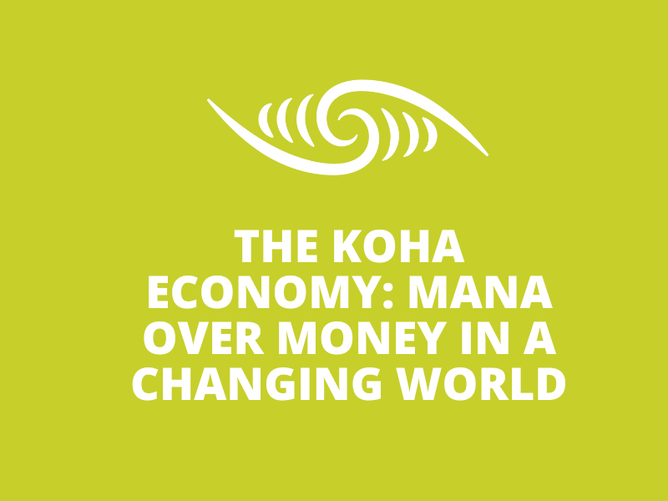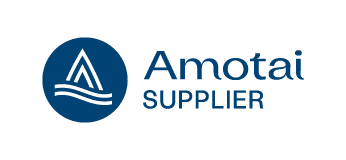The Koha Economy: Mana Over Money in a Changing World
In a world facing climate collapse, economic instability, and growing inequality, people everywhere are beginning to ask: what other ways of living are possible?
One worth pondering lies within our own Indigenous knowledge systems particularly in how we understand value and exchange. How we would interpret a koha economy?
The Principles of Koha and Utu
Koha is more than just a donation or a gold coin in the kete. It’s a cultural practice grounded in generosity, reciprocity, mana, and relationship. Traditionally, koha operated alongside utu as part of a values-based system of exchange one driven by people, not profit.
Koha is not just a gift. It’s an intentional offering given with aroha, humility, and respect. You give what you can: kai, taonga, time, or labour. The value isn’t in the dollar amount, but in the thought, the context, and the connection it upholds. You give what you can, not what you’re told to.
Utu, is often misinterpreted as revenge or simple repayment, but it’s also about restoring balance. It’s not a debt to settle, but a relationship to maintain. Utu may come later, in a different form of support, acknowledgement, or a return koha that uplifts both parties. Together, koha and utu create an ongoing cycle of mutual care. They’re not about keeping score but about sustaining tika and manaakitanga across whānau and communities.
Koha Today: What Have We Lost?
In today’s capitalist economy, koha has been squeezed through a compliance framework. Organisations now tiptoe around gift-giving due to laws aimed at preventing bribery. The IRD even outlines circumstances where koha may be taxed under PAYE. We have shifted from a values-based system to a regulatory one, where the spirit of koha is often lost in the fear of “doing it wrong.”
But what if we flipped the script?
Can Koha Drive a New Economy?
This is the question at the heart of this article. Not just to imagine, but to design a future where koha and utu form the foundations of our economic systems.
What would a koha-based economy look like in the world we live in today? It wouldn’t reject money, but it would reject the idea that wealth equals worth. It would shift the focus from extraction to exchange, from profit to people, from ownership to relationship.
We're already seeing this take shape. Nau Mai Rā is a Māori power company that lets whānau pay what they can offering dignity, not debt. IndigiShare enables Māori and Pasifika businesses to exchange time, skills, and services using koha, bypassing the rigid limitations of capital. These are living systems that honour mana over money.
This model could scale even further. Imagine if procurement policies were grounded in utu, not just price, quality and methodology. Imagine if funding supported outcomes, not bureaucracy. If it was based on need, not red tape. Because right now, the system isn’t just slow it’s cutting kaupapa Māori off at the heels. It puts process over purpose, requiring Māori businesses to prove themselves through systems that were never designed for them. It acts as a gatekeeping tool, favouring those with the resources and capacity to navigate complex compliance often excluding smaller, community-led, and Indigenous organisations.
So, What’s the Point?
This article is a wero, a challenge.
To reimagine the economy not through GDP, but through mana.
To measure wealth not by what you own, but by how you uplift others.
To move from transactional systems to transformational ones.
We’re not just theorising. We're inviting. Whether you’re a business, a funder, a community, or a whānau, koha and utu offer a framework that’s already within us. Koha isn’t about giving things away for free, and it’s not a loophole for underpaying people. When we lead with mana, and when we return to our own systems of exchange, we don’t just survive. We thrive.


